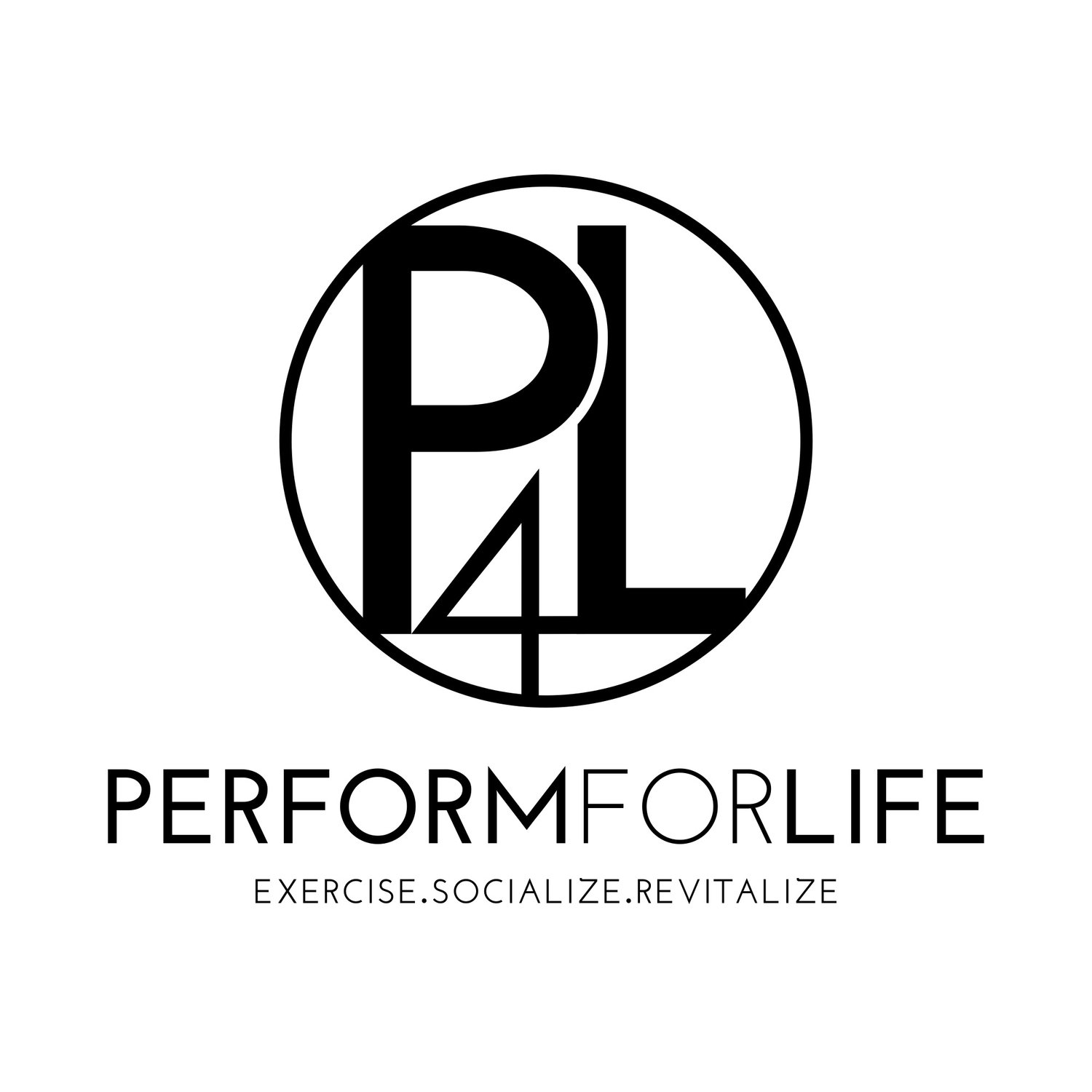No Pain, No Gain | Truth or Myth?
Should we be working out until we're sore?
As a competitive athlete and chronic over trainer in the past, getting “sore” muscles during and after my training sessions was something I took pride in. Having sore muscles was something I paid particular attention to because I was somewhat of a masochist who mainly trained for contact sports like football and boxing. Sometimes it seemed that it was about how much pain I could endure.
Okay, okay other than being a crazy person, I did understand that muscle soreness should happen when I started a new training program. My coaches and trainers told me that it usually lasted for a few days and it would happen every 4-6 weeks as I slowly altered the intensity of my training program during new training phases.
Measuring the productivity or effectiveness of the training based on soreness has exponentially risen this day in age with the popularity of boot camps, spin classes, heart rate monitors, and other forms of High Intensity Interval Training (HIIT). Over the past couple of years I have increasingly noticed that many of my athletes and clients have become very concerned if they are not sore after their coaching sessions or small group training.
Because I trained for several years with the mentality of getting sore, I developed a bad relationship with exercise, believe it or not. I was chronically over trained and my performance suffered at times because I focused on high intensity all the time. So when Justine and I created Perform for Life, one of our main goals was to make exercise an enjoyable lifelong process. Our movement specialists focus on mastering movement before intensity and building rather than breaking down the individual. However, we are still see a growing concern for and attention to intensity. I could do a 50-page paper on the benefits of High Intensity Interval Training, but I could also do a 50-page paper on HIIT and its catabolic effects on the body - in other words, how it stresses our bodies out and we end up breaking muscle down and storing fat.
Although I really want to go deep into it I am here today to focus on SORENESS. Is it good or bad? And should we always strive to be sore? So Coach Charles and I decided to put together some research and here is what we found…..
Research shows progressive overloads leads to improved fitness. Changing the mode of the activity, volume, and intensity should be gradually done overtime. Exercising constantly to be sore can result in overtraining or overuse injuries, which can hinder your progress and goals.
Studies have shown on a scale of 0-10 that muscle soreness is a poor correlation between muscle growth and adaptation. Soreness could affect us in different ways based on our athletic abilities and our genetic make up.
Although being sore after working out can indicate that you have trained a muscle differently than you usually do, you don't need to be sore to build muscles. Extreme soreness can lead to less training days which does hinder muscle growth.
After beginning a new training program, you should be sore. It’s actually okay. After a few days, the soreness should be reduced, which means soreness isn't an indicator of having trained at high intensities. Soreness is actually the body’s way of saying it needs time to recover. Training to be sore can lead to overtraining.
In order to get the most out of your training, consistency is needed. If you are too sore, it can reduce your overall effectiveness of your program goals. Mastering movement is the key before training with intensity.
In summary, a lack of soreness seems to just mean you have adapted to the type of exercise program. So a solution would be to SLOWLY adjust training variables such as the load, reps, tempo, etc. We’ve also concluded that constantly being sore can result in overtraining which hinders results. Instead, we should be refocusing our attention on what your muscles feel during your workout. Basically, it matters how you activate muscles and if you contract them correctly in order to get the lean muscle and performance outcomes you desire. In summary, it really doesn’t f*#king matter if you are sore or not.
---
Sources:
Daly, A. (2013, November 19). Does Muscle Soreness Mean You Had a Good Workout? Retrieved July 23, 2016, from http://www.womenshealthmag.com/fitness/sore-muscles-after-workout
Duvall, J. (n.d.). Trainer Q&A: Should I Be Sore After Every Workout? Retrieved July 23, 2016, from http://www.mensfitness.com/training/pro-tips/trainer-qa-should-i-be-sore-after-every-workout
Gonsalves, K. (2013, October 08). Should You Always Be Sore After A Workout? Retrieved July 23, 2016, from http://www.prevention.com/fitness/fitness-tips/should-you-always-be-sore-after-workout
Matthews, J. (n.d.). Should My Muscles Be Sore After a Workout? Retrieved July 23, 2016, fromhttp://www.shape.com/blogs/working-it-out/should-my-muscles-be-sore-after-workout
Yu, C. (2014, July 17). No Pain, No Gain? 5 Myths About Muscle Soreness. Retrieved July 23, 2016, from http://dailyburn.com/life/fitness/doms-muscle-soreness/
